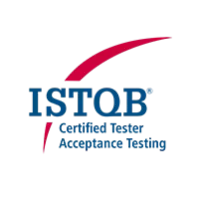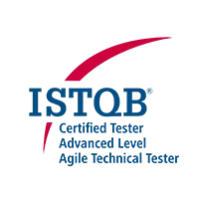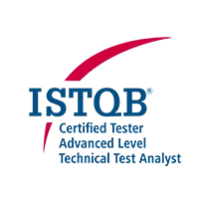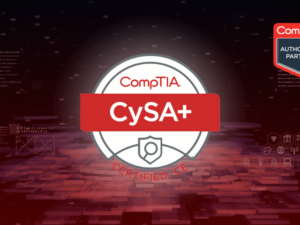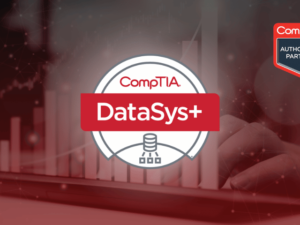ISTQB Certified Tester Automation Engineer (CT-TAE)
The ISTQB® Test Automation Engineer (CT-TAE) certification covers the design, development, and maintenance of test automation solutions. Learn essential concepts, ...
methods, tools, and processes for automating functional tests and their integration with test management, defect management, and quality assurance across various software systems and life cycles.
Show more Instructor
AcumenITTrainingInc 0
0 reviews
- Description
- Reviews
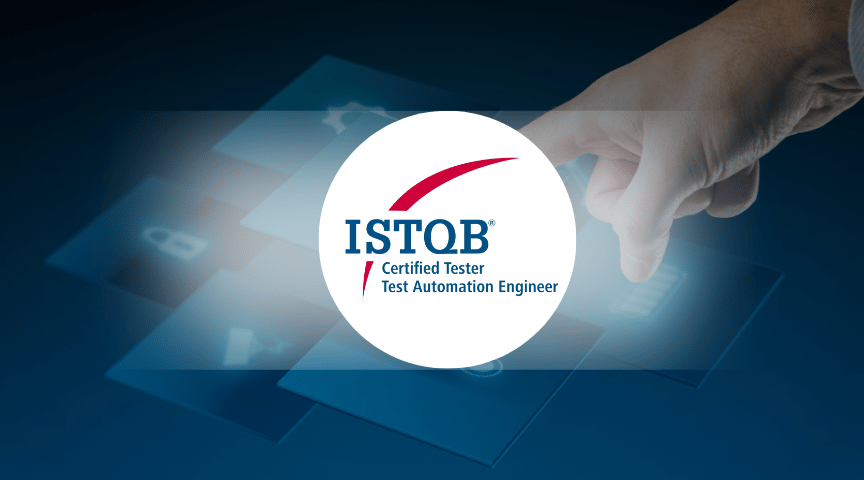
ISTQB Certified Tester Automation Engineer (CT-TAE)
COURSE DESCRIPTION
The ISTQB® Test Automation Engineer (CT-TAE) certification focuses on the design, development, and maintenance of test automation solutions. It also covers the concepts, methods, tools, and processes for automating dynamic functional tests, and the relationship of those tests to test management, configuration management, defect management, software development processes, and quality assurance. Methods described are generally applicable across a variety of software life cycle approaches, types of software systems, and test types.
COURSE OBJECTIVES
- Contribute to the development of a plan to integrate automated testing within the testing process
- Evaluate tools and technology for automation best fit to each project and organization
- Create an approach and methodology for building a test automation architecture (TAA)
- Design and develop (new or modified) test automation solutions that meet the business needs
- Enable the transition of testing from a manual to an automated approach
- Create automated test reporting and metrics collection
- Manage and optimize testing assets to facilitate maintainability and address evolving (test) systems
PREREQUISITES
To gain this certification, candidates must hold the Certified Tester Foundation Level certificate.
COURSE OUTLINE
- Introduction and Objectives for Test Automation
- Purpose of Test Automation
- Success Factors in Test Automation
- Preparing for Test Automation
- SUT Factors Influencing Test Automation
- Tool Evaluation and Selection
- Design for Testability and Automation
- The Generic Test Automation Architecture
- Introduction to gTAA
- Overview of the gTAA
- Test Generation Layer
- Test Definition Layer
- Test Adaptation Layer
- Configuration Management of a TAS
- Project Management of a TAS
- TAS Support for Test Management
- TAA Design
- Introduction to TAA Design
- Approaches for Automating Test Cases
- Technical considerations of the SUT
- Considerations for Development/QA Processes
- TAS Development
- Introduction to TAS Development
- Compatibility between the TAS and the SUT
- Synchronization between TAS and SUT
- Building Reuse in the TAS
- Support for a Variety of Target Systems
- Introduction to gTAA
- Deployment Risks and Contingencies
- Selection of Test Automation Approach and Planning of Deployment/Rollout
- Pilot Project
- Deployment
- Deployment of the TAS Within the Software Lifecycle
- Risk Assessment and Mitigation Strategies
- Test Automation Maintenance
- Types of Maintenance
- Scope and Approach
- Selection of Test Automation Approach and Planning of Deployment/Rollout
- Test Automation Reporting and Metrics
- Selection of TAS Metrics
- Implementation of Measurement
- Logging of the TAS and the SUT
- Test Automation Reporting
- Transitioning Manual Testing to an Automated Environment
- Criteria for Automation
- Identify Steps Needed to Implement Automation within Regression Testing
- Factors to Consider when Implementing Automation within New Feature Testing
- Factors to Consider when Implementing Automation of Confirmation Testing
- Verifying the TAS
- Verifying Automated Test Environment Components
- Verifying the Automated Test Suite
- Continuous Improvement
- Options for Improving Test Automation
- Planning the Implementation of Test Automation Improvement
Please contact us for the full course outline, schedules and for booking a private class.
Please, login to leave a review
Share
Popular courses
Request a Quote
Popular Courses
Archive
Working hours
| Monday | 9:00 am - 6.00 pm |
| Tuesday | 9:00 am - 6.00 pm |
| Wednesday | 9:00 am - 6.00 pm |
| Thursday | 9:00 am - 6.00 pm |
| Friday | 9:00 am - 6.00 pm |
| Saturday | Closed |
| Sunday | Closed |

